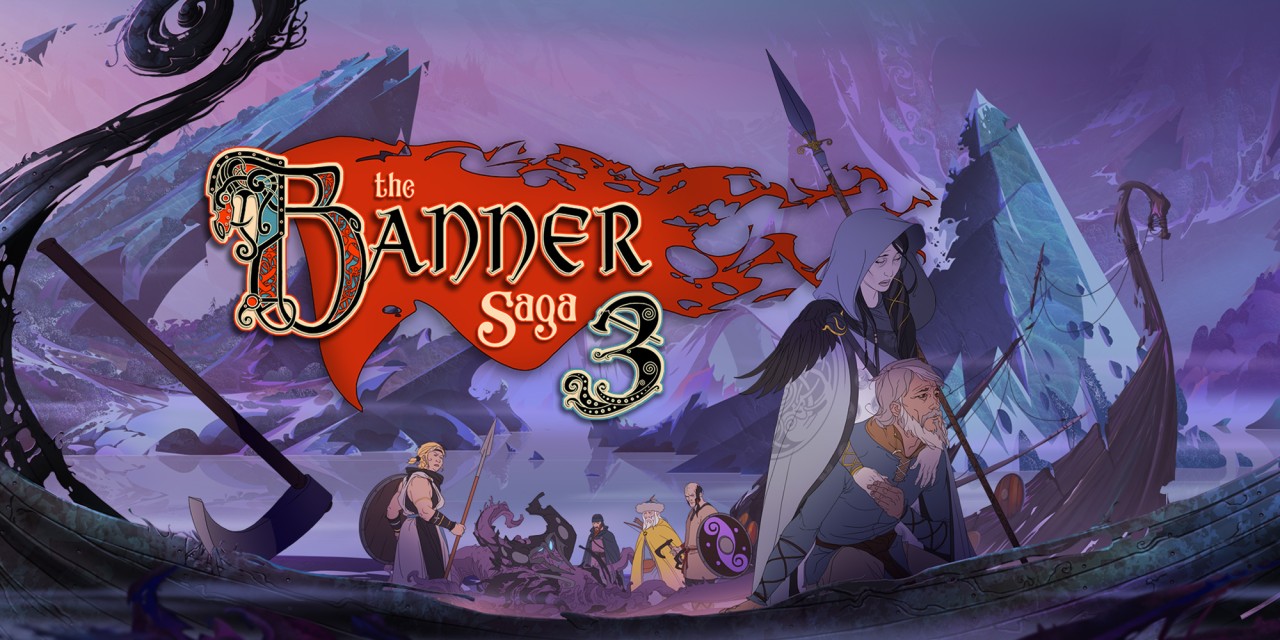
I should also say that I think they haven't really gone away. Paradox Interactive - who I really respect - and publishers like them who do take chances can get reputations for being "hit or miss." Not many publishers are willing to take a chance on an outdated genre, if they think there's a better option. In the meantime, the genre in question has probably already been taken to the limit of its maximum cost-to-profit ratio back when it was the hot new thing. I'm simplifying a bit, but if you're into making money, that's probably what you're doing. Lesser options are pushed aside, or delayed indefinitely. They'll look at all of their options and say "this one is the most profitable," or has the most profit potential. Thomas: One of the terms you hear thrown around a lot when you're working for a big publisher is "opportunity cost." In simple terms, this just means that if a publisher wants to release a product within "X" amount of time with "Y" budget, the decision of what that project will be depends entirely on what will make the most profit. Wecks: You've been in the gaming industry for a while, so what is your answer to that question? How did those games disappear? It isn't like they didn't sell. Our big question with The Banner Saga was always "Is it just us?" and that was something we couldn't have answered before Kickstarter. And like a lot of people who grew up parallel to me, I wondered where the heck those games went. Those games were a part of my identity growing up. I grew up on stuff like Final Fantasy Tactics and XCOM along with a heavy dose of games like Baldur's Gate and Chrono Trigger. Thomas: You got it! But just to mention it briefly, I think what you're saying is exactly what the major appeal was. I'd like to take all of those apart and look at them separately. Then Arnie comes along and says basically, "Yeah, we based the art on Sleeping Beauty," and I just about fell over dead. The first words out of your mouth on the video were, "deep, strategic, tactical game" and "strong story." Basically, from that point forward I was salivating like Pavlov's dog. Wecks: I can tell you what did it for me. Now don't get me wrong, I don't think any of this has gone to our heads, but I wanted to give you my impression of the degree of feedback we've seen. From all the feedback we've gotten, it tends to fall into one of two categories: we're making a game that tapped directly into their own personal nostalgia or longing, or that we personally represent the love of gaming and making games in a way that they want to support.

Thomas: It's definitely speculation on my part, but we've gotten a lot of hints from people who wrote impossibly glowing emails. He might tell the story differently but that's a perk of being the guy who does all the interviews.

I remind him of that conversation almost daily. So we're all sitting a little despondent at the local pub that evening and Arnie says "Do we really need Kickstarter? I'll borrow some cash from my family, we'll pay it back, we'll just get back to production." Anyway, after a much-deserved berating we decide to scrap the whole thing, hit it harder the next day and instead of trying to be clever, we just talked about what we wanted to do as honestly and passionately as we actually are. After Double Fine came out with what was by far the coolest pitch I've ever seen, we spent three days writing, filming, scoring and editing our Kickstarter video and we all sat down, watched it and. At that time, if you were lucky you could raise $30,000, tops.Īnyway, putting together a Kickstarter campaign was way more work than you would think. This brings up a funny story we knew all the way back in January we were planning to do a Kickstarter campaign, encouraged by our friends at White Whale, who had recently had a successful campaign for their game God of Blades.


 0 kommentar(er)
0 kommentar(er)
